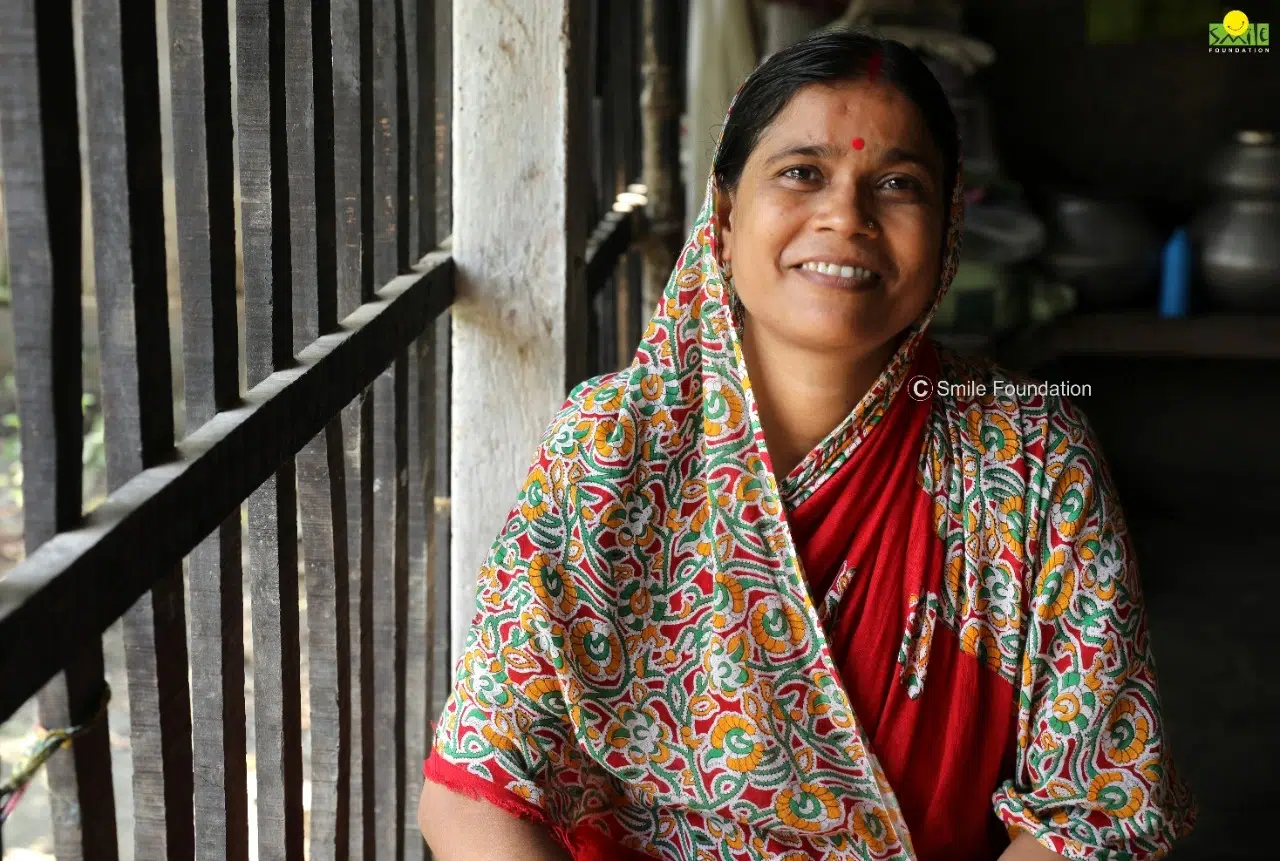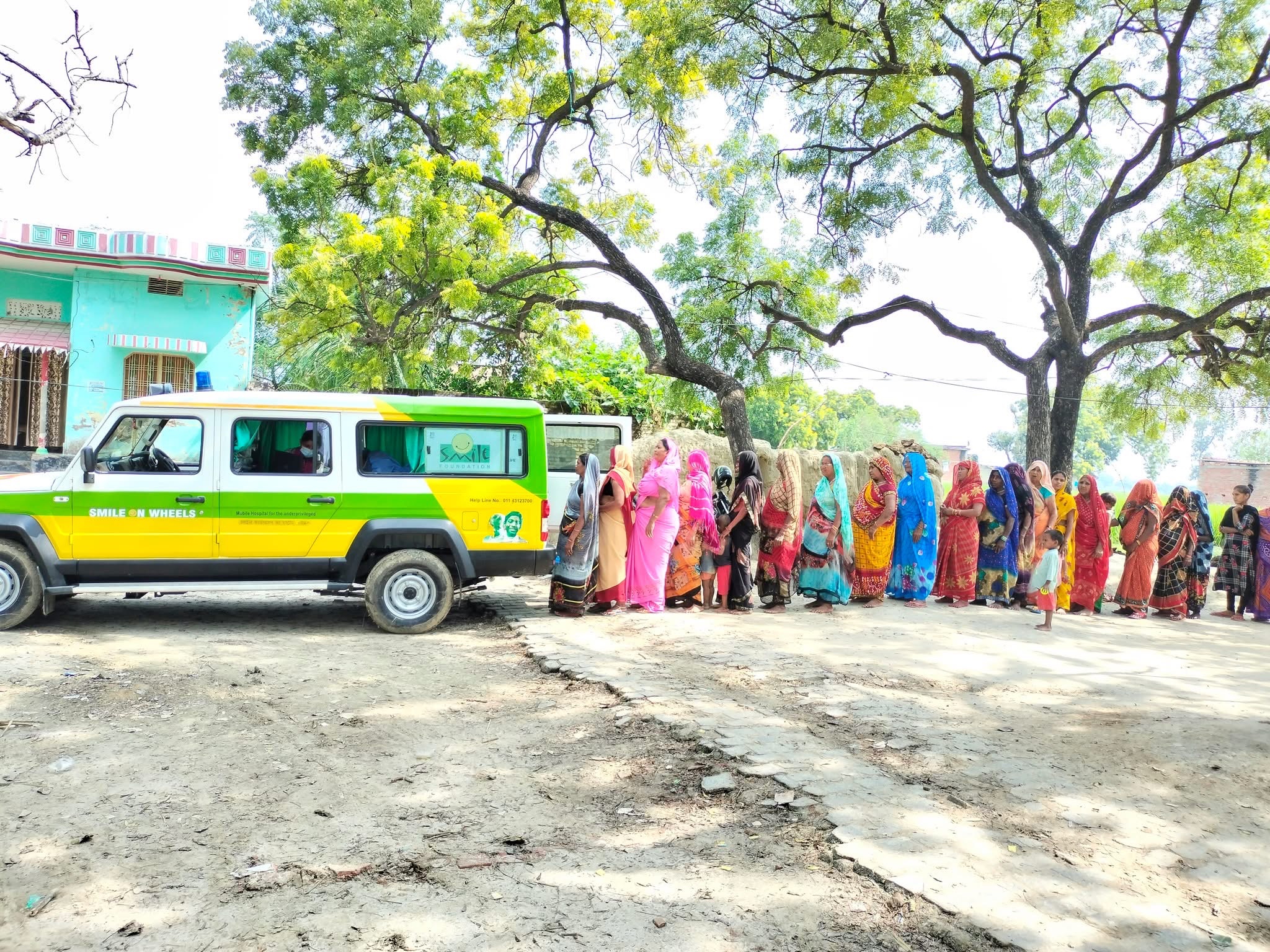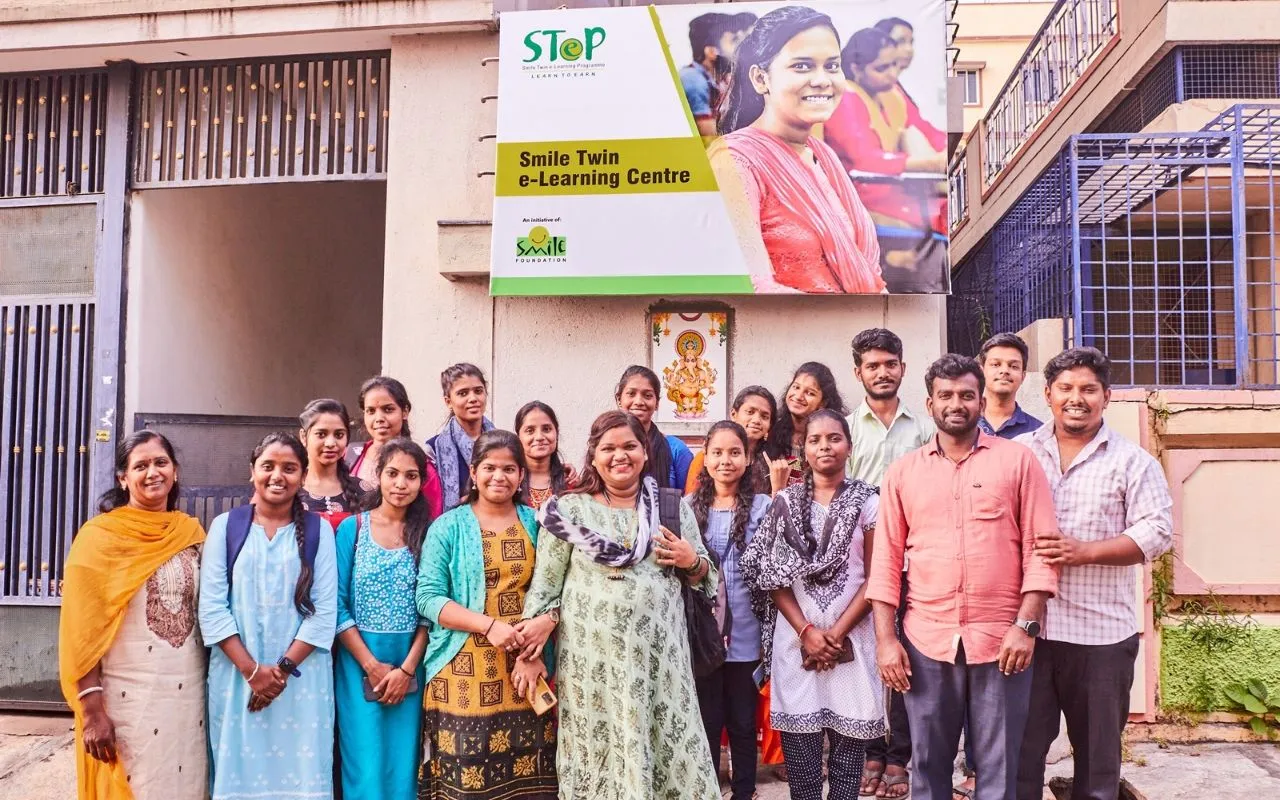As the world advances toward the Sustainable Development Goals (SDGs), it becomes increasingly clear that quality education plays an important role in achieving these objectives. The fourth goal of the SDGs explicitly aims to “ensure inclusive and equitable quality education and promote lifelong learning opportunities for all.”
This goal is not just an isolated target – it is intricately linked with all other goals, from eradicating poverty to promoting good health and well-being. Quality education is fundamental to fostering the knowledge, skills, values and attitudes necessary for creating a sustainable and resilient future.
Building a Knowledgeable and Skilled Workforce
Quality education equips individuals with the knowledge and skills needed to participate effectively in the workforce, contributing to economic growth. It inculcates critical thinking, problem-solving abilities and technical skills essential for the workforce. This, in turn, drives productivity and innovation, which are crucial for sustainable economic development.
For instance, nations with higher education levels tend to have higher income levels and better economic stability. These can then be reinvested into sustainable practices and technologies.
Promoting Health and Well-being
Education is a key determinant of health outcomes. Individuals with higher education are more likely to make informed health decisions, access healthcare services and adopt healthier lifestyles. Quality education promotes awareness about nutrition, hygiene, disease prevention and reproductive health, leading to better health outcomes.
According to UNESCO, educated mothers are more likely to ensure that their children are vaccinated and receive adequate nutrition, reducing child mortality rates. This not only improves individual well-being but also reduces the strain on healthcare systems, allowing resources to be allocated more efficiently.
Empowering Women and Promoting Gender Equality
Quality education for girls and women leads to numerous social and economic benefits, including increased income, improved health outcomes and greater political participation. Educated women are more likely to participate in the labor market, delay marriage and have fewer, healthier children. According to some estimations, each additional year of schooling for girls can increase their future earnings by 10-20%.
Fostering Environmental Stewardship
Education for sustainable development (ESD) aims to equip learners with the understanding, skills and attitudes needed to address global challenges such as climate change, biodiversity loss, and resource depletion. Quality education encourages environmental awareness and stewardship, encouraging individuals to adopt sustainable lifestyles. These informed individuals also advocate for policies that protect the planet.
According to UNESCO, almost 47% of national curriculum frameworks in about 100 countries reviewed had no reference to climate change, and those that did often included it minimally. This highlights the need for integrating environmental education into curricula to equip the future generations to tackle environmental challenges.
Reducing Inequality and Promoting Peace
Education is a powerful tool for reducing inequality. Quality education provides individuals with the skills and opportunities needed to improve their socioeconomic status. It opens doors to better job prospects, higher wage, and increased economic security. By reducing poverty and promoting social mobility, education contributes to more equitable and inclusive societies.
Education is also a fundamental building block for peace and security. Quality education promotes understanding, tolerance and respect for diversity, which are essential for preventing conflict and strengthening social cohesion. Educated individuals are more likely to engage in dialogue, resolve disputes peacefully and contribute to community development. Every year of education reduces conflict risk by around 20%, according to a think piece for Global Monitoring Report. By promoting peace and security, education creates an environment conducive to sustainable development.
Global challenges require global solutions. Quality education promotes international cooperation and understanding, increasing global partnerships. These are important for addressing issues such as climate change, pandemics and economic instability. Educational exchanges, international research collaborations and cross-cultural programmes help build a global community of learners. These create leaders committed to sustainable development. These partnerships can facilitate the sharing of best practices, technologies and resources, amplifying the impact of sustainable development initiatives.
Equity through quality education
From promoting health and well-being to fostering environmental stewardship, reducing inequality and encouraging innovation, education is integral to achieving the SDGs. As we move forward, it is imperative to ensure that quality education is accessible to all, enabling individuals and communities to thrive in an equitable world. By investing in education, we invest in the future of our planet and the well-being of generations to come, and those who are here right now.









